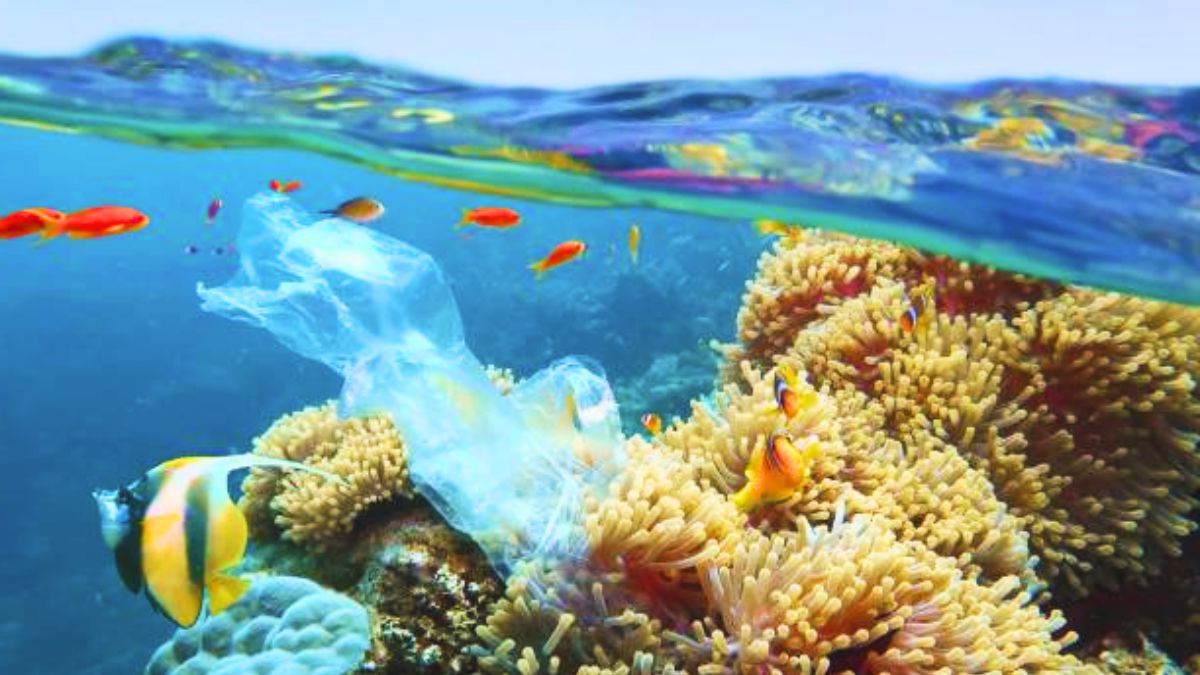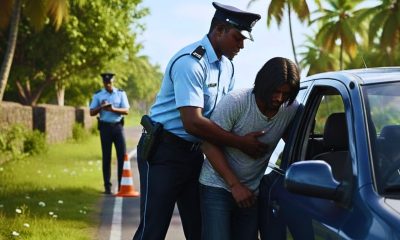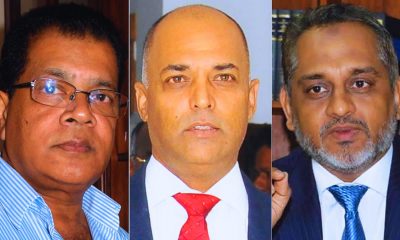News
Mauritius’ Environmental Law Failures Exposed – Impact till 2030

The Environment Bill is set to replace the Environment Protection Act of 2002 with a modern legislative framework aimed at ensuring better protection, management, and conservation of the environment.
This revised bill is based on the outcomes of the Environmental Roundtable discussions in December 2019,” said Minister Kavydass Ramano.
Key themes in modernizing and adapting the legislation to future challenges include the establishment of an environmental observatory as a platform for communication and data sharing, a mechanism for the protection, management, and conservation of Environmentally Sensitive Areas (ESA), strengthening the transparency of the Preliminary Environmental Report (PER) and the Environmental Impact Assessment (EIA), a National Oil Spill Coordination Committee, enhanced coordination among all stakeholders, and the introduction of a plastic management framework to achieve the vision of a plastic-free island.
According to environmental consultant Sunil Dowarkasing, Mauritius is one of the most vulnerable small countries with only 1.5% of endemic forests and 30% of living corals.
It is the second most threatened country in the world in terms of endangered species. Air quality has exceeded acceptable levels, and the landfill site is reaching capacity.
Facing a series of challenges and the ongoing impact of climate change, such as sudden floods and beach erosion, this bill introduces important concepts, including an environmental observatory, the reintroduction of the strategic environmental assessment that existed in the 1991 law and was removed in 2022, as well as the introduction of environmentally sensitive areas.
“However, these positive points are accompanied by inconsistencies. The concept of sustainable development includes the environment, social aspects, and the economy.
However, the bill often seems to make a distinction between social and environmental aspects, which is contradictory. Additionally, its timing is poor as it comes at the end of the government’s term,” said the consultant.
The consultant also criticized the burden of additional administrative impact.
“Observatories will be established in several sectors, but the composition is lacking. NGOs are not included.
Furthermore, the observatory itself is a structure that includes a Science to Policy Platform with multiple levels.
This made it very difficult and complicated to monitor and protect the environment when it should be simple to act swiftly. And there are more than ten structures. It’s bureaucratic red tape,” he said.
He suggested that the director of the environment should have been detached from the ministry to be independent.
In this regard, he advocated for the creation of an Ombudsman for the Environment.
Sunil Dowarkasing recalled that an ESA Bill had been presented but never voted on. Subsequently, a series of EIA permits have been issued, and only now will a committee be established.
Regarding the reintroduction of the SEA, he pointed out that government projects will be exempted. “And they consider this is a modern law? “Government projects do not harm the environment?
It should be noted that these studies are protecting not only the environment but also the project itself,” said David Sauvage from Rezistans ek Alternativ.
He pointed out that since 2009, studies on ESA have shown that our legislation does not effectively protect nature.
“Instead of proposing an ESA Bill as recommended, the Minister of the Environment continued with a pathetic layer of greenwashing before the elections. A simple committee is established for ESA.
The cumulative impact assessment of land projects is still not enforced. Citizens still do not have the right to defend nature!” he lamented.
Regarding the use of plastic, he highlighted that there will only be a Plastic Management Committee on which producers will sit.
“There is no ban on single-use plastics for carbonated beverages until 2030, as specified by the minister in his Environmental Master Plan 2020-2030,” he pointed out.
Keshwar Beeharry-Panray, Chief Executive of the Environmental Protection and Conservation Organization (EPCO), emphasized the need for a positive will to act in the interest of the environment.
Besides measures to protect the environment, he observed that failure is often seen in the implementation phase.
“The consequences of climate change will only worsen. There will be more than just the floods we are facing. There’s the issue of food security, drought, etc. It is imperative to act now. Everyone has a role to play, whether it’s the government, NGOs, or citizens.”
“The environment concerns everyone. No one should be left behind. Decision-makers must understand the urgency of the situation and act accordingly.”
“This is not the case, and Mauritius is lagging behind in taking sustainable development actions.”
Source: l’Express











